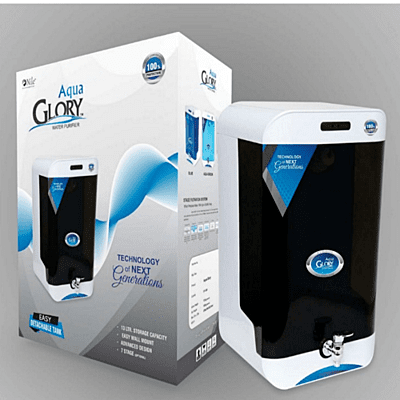Residential
Residential water treatment equipment is designed to improve the quality of the water supplied to homes by removing impurities, contaminants, and other unwanted substances. These systems ensure that the water is safe to drink, free of odors and unpleasant tastes, and suitable for various household uses. Here are some common residential water treatment equipment and their functions:
Water Softener:
- Function: Water softeners are used to reduce water hardness by removing calcium and magnesium ions, which can cause scale buildup in pipes and appliances.
- Advantages: Softened water can extend the lifespan of water-using appliances, improve soap lathering, and reduce the occurrence of scale on fixtures.
Whole-House Water Filtration System:
- Function: These systems filter out a wide range of contaminants, including sediment, chlorine, chlorine byproducts, organic compounds, and certain chemicals.
- Advantages: Whole-house filtration provides clean, clear water for drinking, cooking, and bathing, as well as protection for plumbing and appliances.
Point-of-Use (POU) Water Filtration Systems:
- Function: POU filters are installed at specific points in the home, such as under the sink, on the countertop, or attached to faucets or showerheads. They are designed to remove targeted contaminants and improve water quality at specific locations.
- Advantages: POU filters are effective at addressing specific water quality issues and providing convenient access to purified water for drinking and cooking.
Reverse Osmosis (RO) System:
- Function: RO systems use a semipermeable membrane to remove a wide range of contaminants, including dissolved solids, heavy metals, and microorganisms.
- Advantages: RO systems provide highly purified water and are often used for drinking water to remove contaminants that may affect taste and health.
UV Water Purifier:
- Function: UV purifiers use ultraviolet light to disinfect water by inactivating or destroying microorganisms like bacteria and viruses.
- Advantages: UV purifiers provide a chemical-free method to ensure the microbiological safety of drinking water.
Activated Carbon Filter:
- Function: Carbon filters, such as activated carbon and granular activated carbon (GAC), remove chlorine, organic compounds, and certain chemicals, improving water taste and odor.
- Advantages: Carbon filters enhance the taste and odor of water and remove common contaminants found in municipal water supplies.
Water Conditioner:
- Function: Water conditioners alter the physical properties of water, addressing scale formation and improving the efficiency of water heaters and appliances.
- Advantages: Water conditioners help extend the lifespan of appliances, reduce energy consumption, and prevent scale buildup.
Sediment Filter:
- Function: Sediment filters remove particulate matter, such as sand, silt, and rust, from water, preventing damage to plumbing and appliances.
- Advantages: Sediment filters ensure clean, clear water and protect downstream water treatment equipment.
Iron and Manganese Filter:
- Function: These filters are designed to remove iron and manganese from well water sources, which can cause staining and unpleasant tastes and odors.
- Advantages: Iron and manganese filters improve water aesthetics and prevent staining on fixtures and laundry.
Chloramine Removal System:
- Function: Chloramine removal systems are designed to eliminate chloramines, a common disinfection byproduct found in municipal water supplies.
- Advantages: These systems enhance water quality and address taste and odor issues associated with chloramines.
The choice of residential water treatment equipment depends on the specific water quality issues in your area and your household's needs. A water quality test and consultation with a water treatment specialist can help determine the most appropriate equipment for your home.












